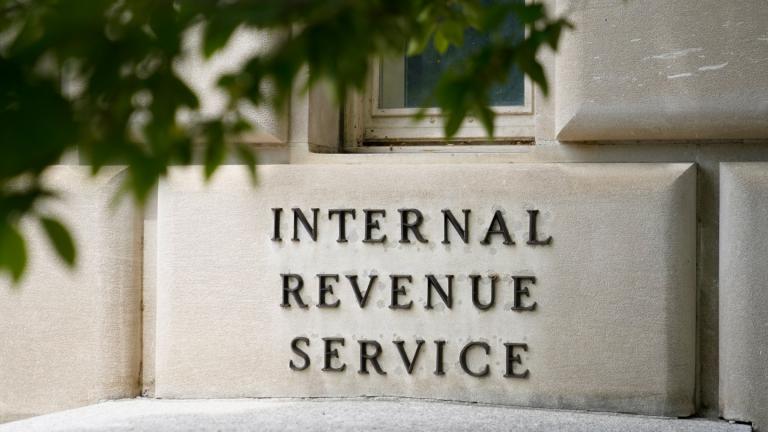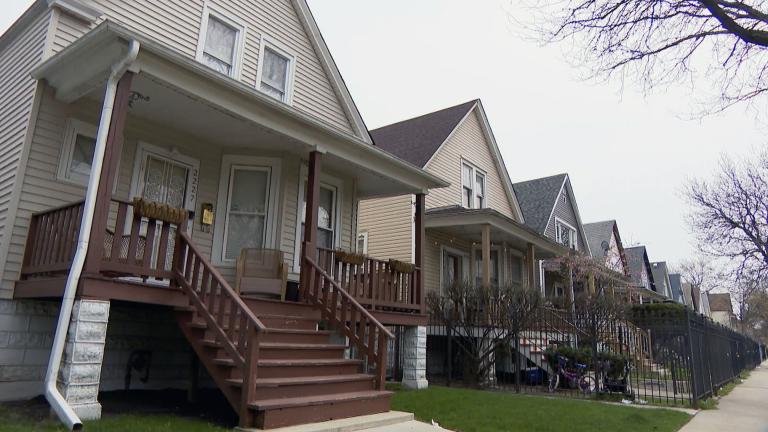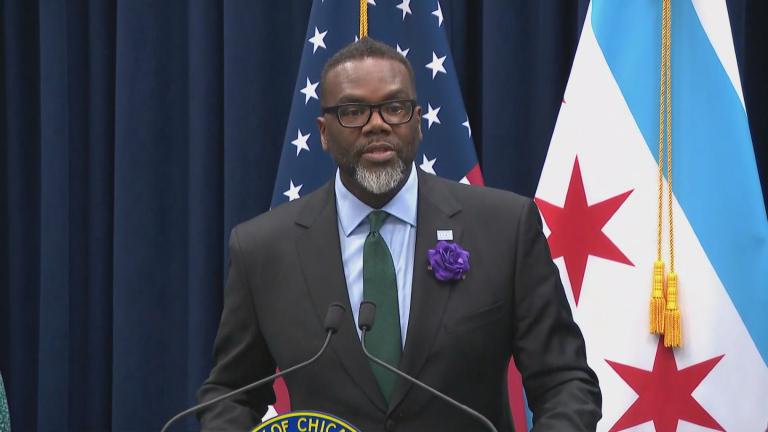Property tax assessments are out Tuesday for much of the North Side of Chicago, and they show a 14% rise in assessments for residential properties, and nearly 50% for all other properties, most of which are commercial.
The amount of property taxes one pays is based on the assessment from the Cook County Assessor and the increases in local tax levies. Higher individual assessments that increase more than the median assessment can translate into higher property taxes while assessments under the median could lead to decreases.
When running for election, then-candidate but now Cook County Assessor Fritz Kaegi vowed to fix what had been widely regarded as a broken and regressive assessment system under his predecessor Joe Berrios.
Under Berrios, the assessment system was criticized for undervaluing commercial and high-end residential real estate, effectively shifting part of their tax burden onto the owners of more modest homes.
Reforming that system has meant some big increases for business owners who say the soaring assessments and the impact of the COVID-19 pandemic may be a double-whammy their businesses can’t survive.
Marilee Rutherford, co-owner and operations director at Twisted Hippo Taproom and Eatery in Albany Park, says the assessment for the property where she leases space has tripled from $40,000 to $120,000. The owner of the building is in turn passing at least some of that increase on to his tenants.
Rutherford says it’s going to increase the rent the business has to pay significantly and she will probably have to lay off staff.
“It’s a person’s worth of property taxes – it’s tough,” said Rutherford.
The increased costs may even force the business to close or relocate.
“We’ve worked really hard to be good members of the community and build a fun and interesting and inclusive space here in our home neighborhood, and I just don’t know that we’re going to be able to continue to survive,” said Rutherford.
While she accepts that Kaegi may be just trying to redress the balance to reform a regressive assessment system, Rutherford says the problem is the speed of the change, particularly amid an ongoing pandemic, was just too much.
“He’s not allowing for the rest of the universe to catch up with that…. Our food costs are going up. Everything is increasing on top of all of the issues that were created by the pandemic,” said Rutherford. “I understand the need for appropriate adjustment, but the reality is doing it all at once in a large hit is just going to take people out of business.”
Jeff Piejak, owner of Ultimate Ninjas Chicago, leases space in the same Albany Park building.
Piejak says the increased property assessment is likely to mean his rent could triple.
“When we first moved in it was a reasonable rent,” said Piejak. “The issue that we’re facing now is paying three times that in the midst of a pandemic is just not sustainable.”
He says he has taken pride in keeping his employees employed through the pandemic, but that “we’re struggling right now just to kind of make ends meet.”
Piejak is talking to his landlord about options because he says there’s no way the business could absorb the financial hit of sharply higher rent, “especially trying to emerge from a pandemic that we haven’t come out of yet.”
But ultimately, he thinks the latest assessment could be the death knell for his business.
“I think once these assessments hit in these neighborhoods it’s going to be tough for us to survive to be honest,” says Piejak.
Kaegi joins Paris Schutz to discuss the latest round of assessments.







